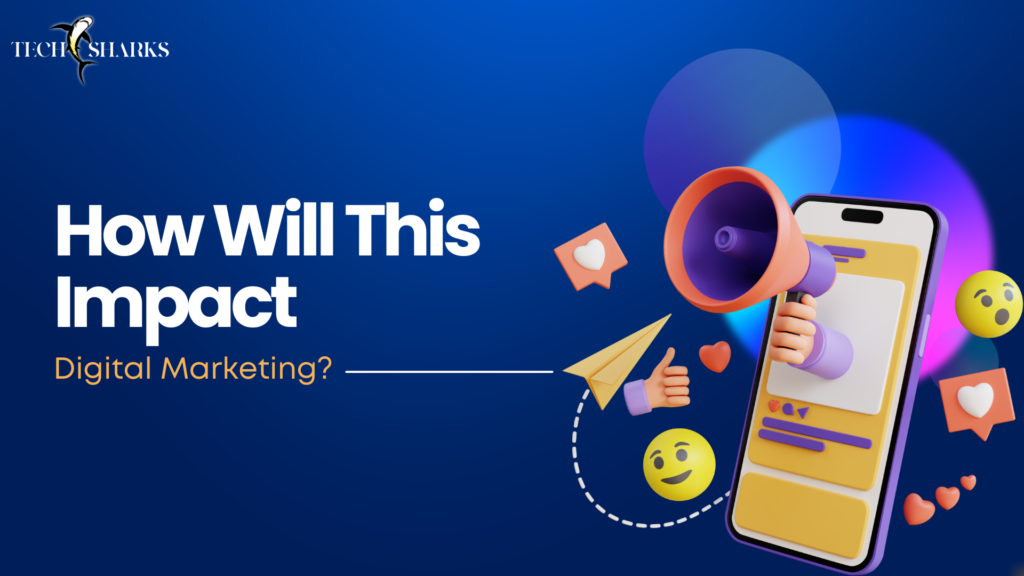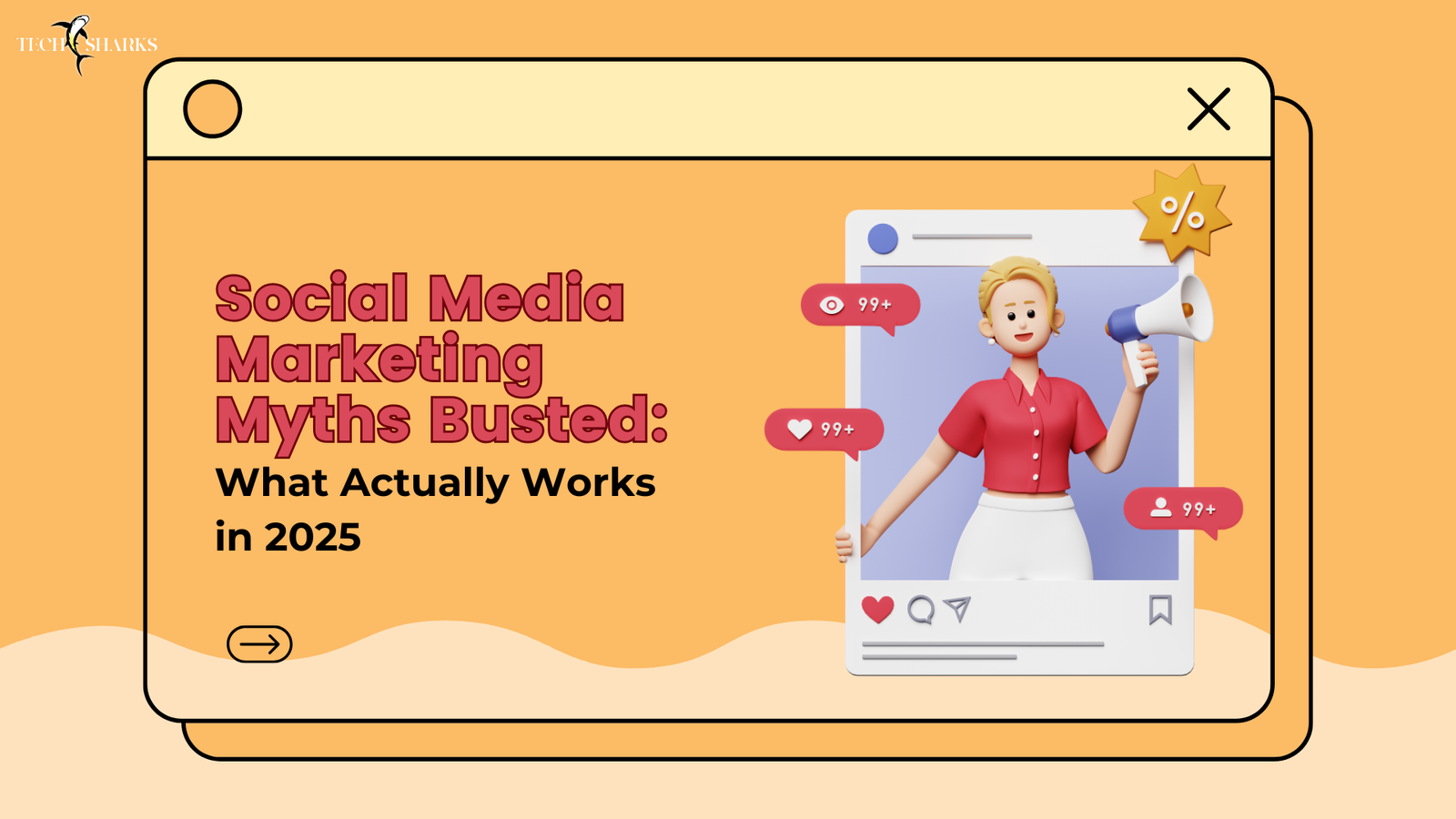For years, third-party cookies have been the backbone of digital marketing, enabling businesses to track users, target ads, and optimize campaigns. However, with Google phasing out third-party cookies by 2024 and growing concerns about data privacy, marketers must pivot their strategies to stay ahead in this new era.
Why Are Third-Party Cookies Being Phased Out?
The demise of third-party cookies is primarily driven by:
- Privacy Concerns: Users are demanding more control over their data, leading to regulatory actions like GDPR and CCPA.
- Browser Changes: Safari and Firefox have already blocked third-party cookies, and Google Chrome is following suit.
- Consumer Trust: Brands that prioritize transparency and ethical data collection build stronger customer relationships.
How Will This Impact Digital Marketing?

Without third-party cookies, marketers will face challenges such as:
- Limited Cross-Site Tracking: Ad personalization and retargeting will become less effective.
- Reduced Audience Insights: Tracking user behavior across different sites will be difficult.
- Changes in Ad Targeting: Brands will need to rely on first-party data and alternative tracking solutions.
Strategies to Adapt to a Cookieless Future
1. Invest in First-Party Data
Brands should focus on collecting data directly from their audiences through newsletters, surveys, and customer interactions. This will help maintain personalized marketing efforts without relying on external tracking.
2. Leverage Contextual Advertising
Instead of tracking users, contextual advertising places ads based on the content of a webpage. This ensures relevance while respecting user privacy.
3. Use Privacy-Friendly Tracking Solutions
Technologies like Google’s Privacy Sandbox and Universal IDs provide alternative ways to track users without violating privacy regulations.
4. Build Stronger Customer Relationships
Transparency in data collection and personalized, consent-based marketing will improve trust and engagement.
5. Explore AI and Machine Learning
Advanced AI models can analyze customer behavior and predict trends without requiring invasive tracking.
How Techsharks Helps with the Transition
Techsharks specializes in helping brands navigate the shift away from third-party cookies by implementing robust first-party data strategies, AI-driven analytics, and privacy-compliant marketing solutions. Their expertise ensures businesses can maintain effective ad targeting while respecting consumer privacy.
The Future of Digital Marketing Without Third-Party Cookies
While the phase-out of third-party cookies presents challenges, it also offers an opportunity to build a more ethical, transparent, and sustainable digital marketing ecosystem. By adapting now, brands can stay ahead of the competition and thrive in the evolving digital landscape.




